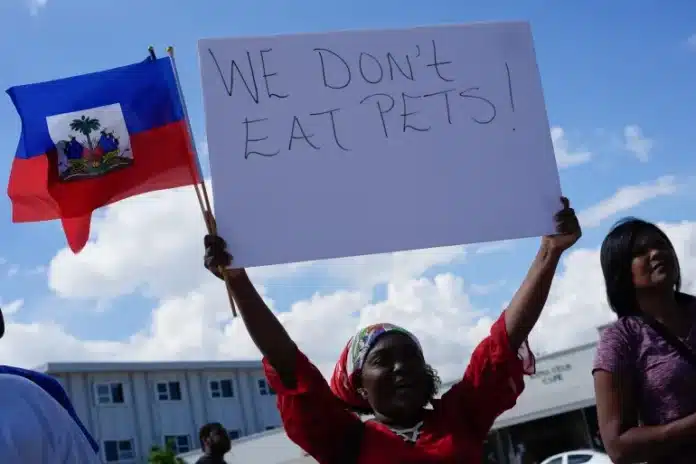In a move that has surprised literally no-one across the country, the Department of Homeland Security (DHS) announced on February 20, 2025, the rescission of Haiti’s Temporary Protected Status (TPS), effectively stripping legal protections from thousands of Haitian immigrants. The decision marks a significant escalation in immigration enforcement—not only targeting undocumented individuals but also legally present immigrants who have built lives in the United States under federally granted protections.
What Is TPS and Why Does It Matter?
Temporary Protected Status (TPS) is a humanitarian immigration designation that allows individuals from countries experiencing armed conflict, natural disasters, or extraordinary conditions to remain in the United States. TPS holders are not undocumented; they live and work legally under federal authorization. Many have resided in the U.S. for decades, paying taxes, contributing to the economy, and raising families.
Haitian immigrants, in particular, have relied on TPS since the devastating 2010 earthquake that displaced millions. Under the Biden administration, Haiti’s TPS designation had been extended until February 2026 due to ongoing instability, gang violence, and humanitarian crises in the country. However, the recent reversal moves up the expiration date to this year, forcing tens of thousands of legally present immigrants to either leave the country or face deportation.
The Expulsion of “Legal” Immigrants
The government’s decision to revoke TPS for Haitians reveals a broader shift in immigration policy: a growing willingness to deport even those with legal status. This move aligns with rhetoric from hardline immigration enforcement advocates who argue that humanitarian protections have been overused as a backdoor for permanent residency.
But for many Haitian TPS holders, the revocation isn’t just a policy shift—it’s an existential crisis. Unlike undocumented immigrants who may live under the radar, TPS holders have government-issued work permits, driver’s licenses, and registered addresses. They are visible, traceable, and now vulnerable to removal.
“We’re not talking about people who crossed the border illegally,” said a local Haitian community advocate in Kansas. “We’re talking about workers, parents, business owners—people who have been following the rules. Now, they’re being treated like criminals.”
The Local Impact: Haitian TPS Holders in Kansas
Kansas has a small but significant Haitian immigrant community, with an estimated 1,185 Haitian residents. Based on national TPS statistics, it’s likely that around 205 Haitian immigrants in the state hold TPS. Without an alternative immigration pathway, these individuals may face removal in less than 18 months.
The revocation of TPS is not just an issue for the individuals affected—it’s a crisis for local economies and communities. Many TPS holders work in industries facing labor shortages, including healthcare, construction, and service sectors. Employers who rely on their workforce may soon be forced to replace skilled, experienced employees.
What Comes Next?
The question now is whether legal challenges or legislative efforts will intervene before the August 2025 deadline. Immigration advocates are calling on Congress to pass permanent protections for long-term TPS holders, many of whom have been in the U.S. for more than a decade.
Until then, the clock is ticking. Thousands of Haitians—who have played by the rules—now face the unimaginable decision of either leaving behind their American lives or becoming undocumented overnight.
While immigration debates often focus on securing borders, this latest action raises a more pressing question: If even legal immigrants aren’t safe, who is?





